Tobias left to Switzerland on Saturday, after being the week looking for Erysimum populations in the Baetic mountains.
A week of succesful science with Tobias Züst
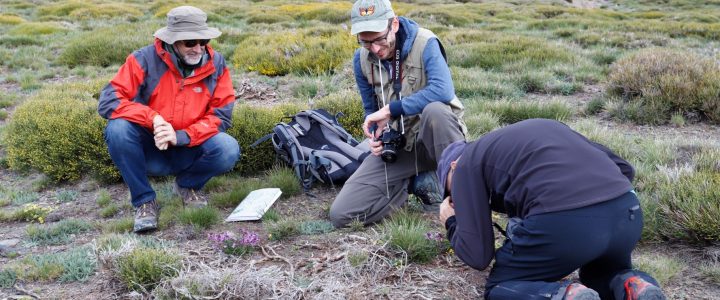

Tobias left to Switzerland on Saturday, after being the week looking for Erysimum populations in the Baetic mountains.
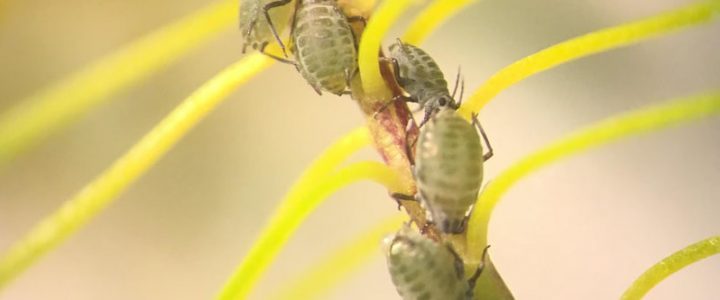
Dr Tobias Züst, from University of Bern, will be stay with us from Tuesday 12th until Saturday 16th. Read more
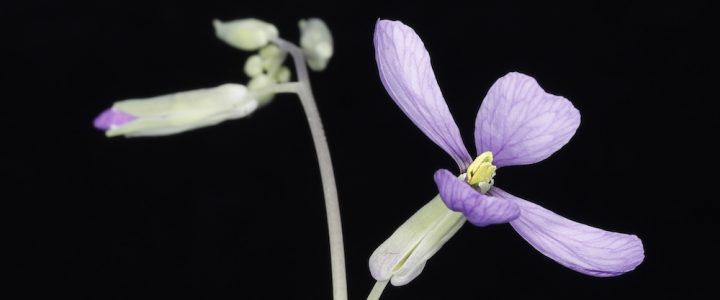
Hemos conseguido financiación para el proyecto coordinado “Plasticidad fenotípica como motor evolutivo en Moricandia“ (Proyecto MORE; CGL2017-86626). Este proyecto consta de dos subproyectos, MOREgen liderado por Francisco Perfectti en Universidad de Granada y titulado “Genética evolutiva y funcional de la plasticidad fenotípica en el género Moricandia” y MOREeco liderado por Cristina Armas y José María Gómez de la Estación Experimental de Zonas Áridas y titulado “Ecología evolutiva y funcional de la plasticidad fenotípica en el género Moricandia”
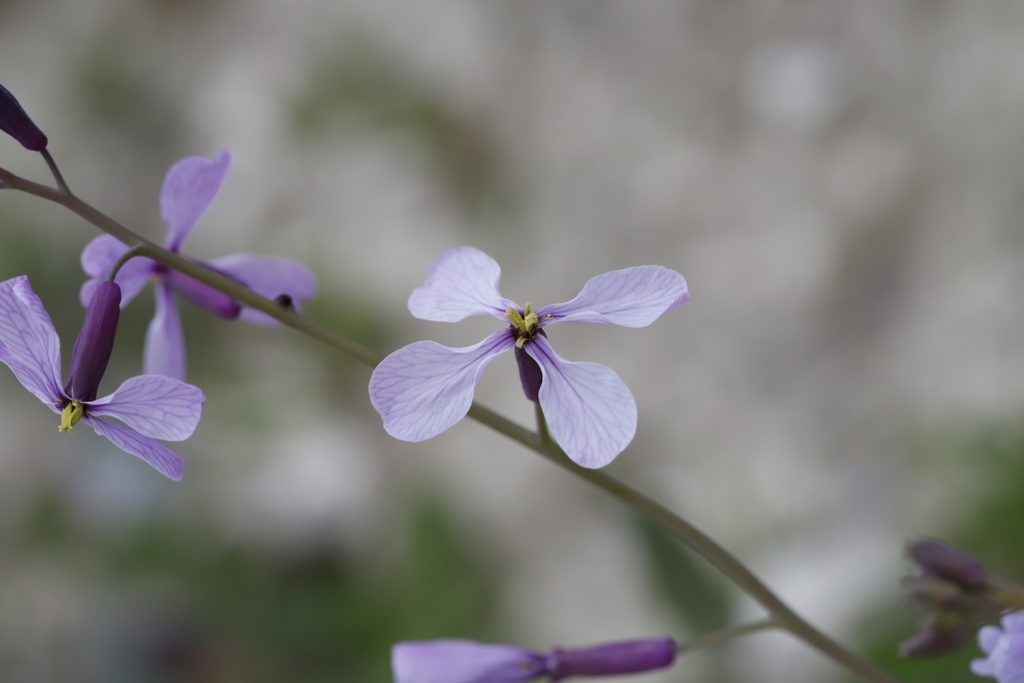
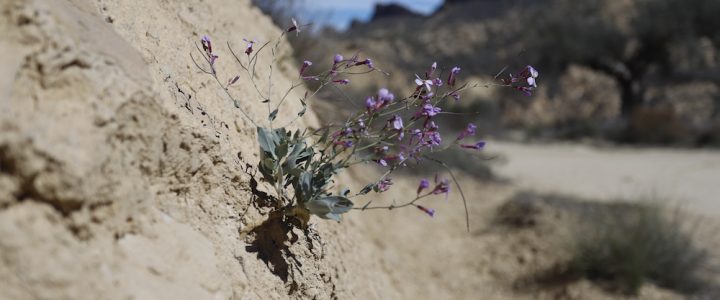
Within the context of the project Hidden extinctions: Losing plant diversity in Iberian arid zones as a consequence of the anthropic-mediated expansion of weeds, we sampled on 9 March 2018 individuals of the taxon Moricandia moricandioides pseudofoetida, a narrowly distributed endemism inhabiting some badlands of the Región de Murcia (SE Iberian Peninsula).
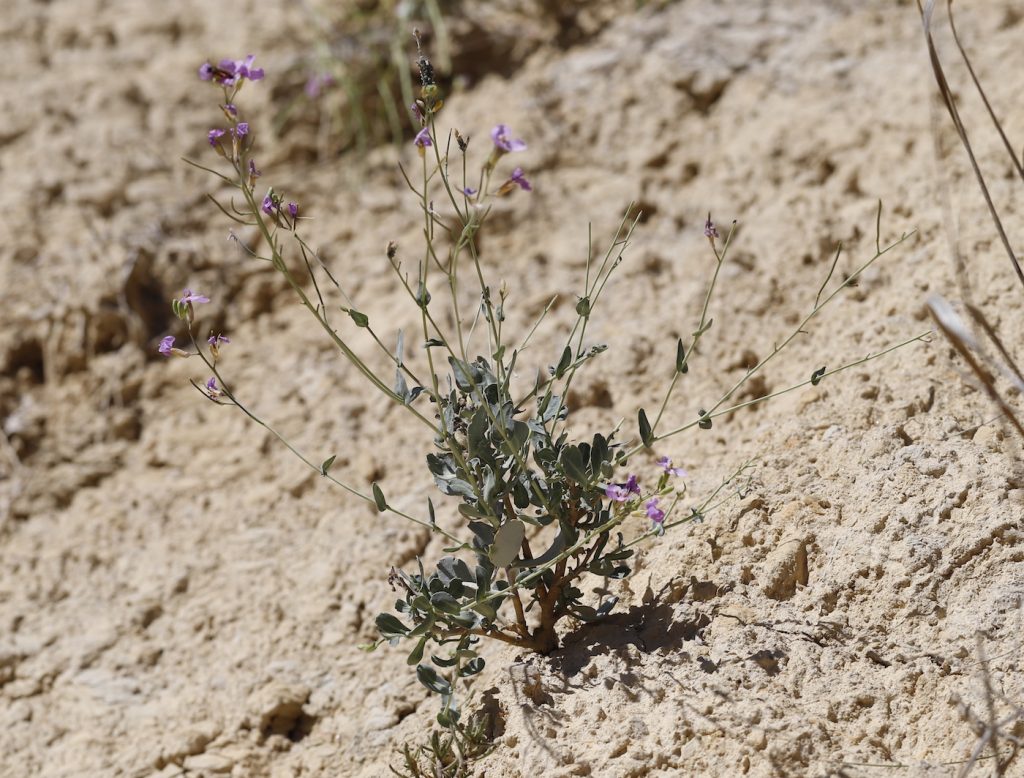
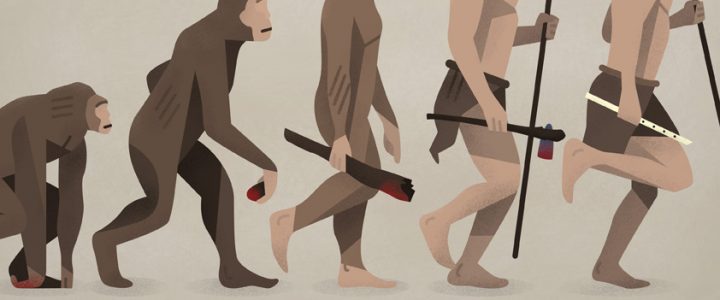
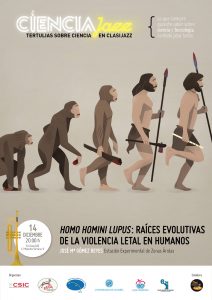

Este proyecto financiado por el Programa Iberoamericano de Ciencia y Tecnología para el Desarrollo (CYTED) y coordinado por el Profesor Rodrigo Medel (Universidad de Chile) aborda la gestión de las áreas naturales protegidas (ANPs en adelante) desde el dominio de las interacciones interespecíficas planta-animal. Read more
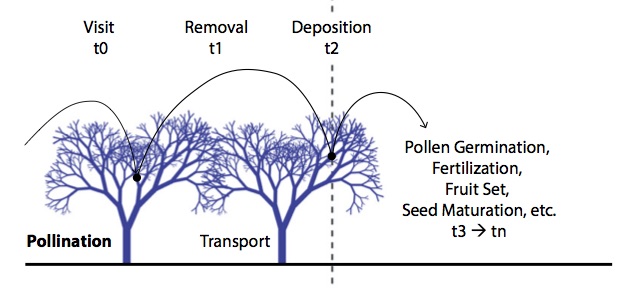
A core interest in studies of mutualistic interactions is the ‘effectiveness’ of mutualists in providing benefits to their partners. In plant-animal mutualisms it is widely accepted that the total effect of a mutualist on its partner is estimated as (1) a ‘quantity’ component multiplied by (2) a ‘quality’ component, although the meanings of ‘effectiveness,’ ‘quantity,’ and ‘quality’ and which terms are applied to these metrics vary greatly across studies. In addition, a similar quantity × quality = total effect approach has not been applied to other types of mutualisms, although it could be informative. Lastly, when a total effect approach has been applied, it has invariably been from a phytocentric perspective, focussing on the effects of animal mutualists on their plant partner. This lack of a common framework of ‘effectiveness’ of mutualistic interactions limits generalisation and the development of a broader understanding of the ecology and evolution of mutualisms. Read more
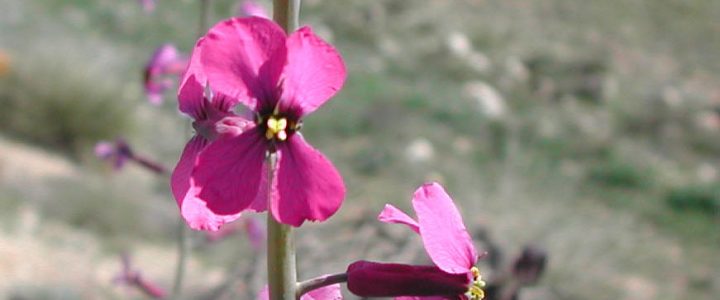
In this project, funded by the Fundación BBVA (PR17-ECO-0021), we evaluate the consequences of the expansion of weeds associated to human environments on the arid vegetation from the Iberian Peninsula. The specific goal is to check whether the presence of the ruderal species Moricandia arvensis is having a harmful effect on its three co-generic species endemic to arid habitats, namely, M. moricandioides, M. foetida and M. rytidocarpoides. Read more
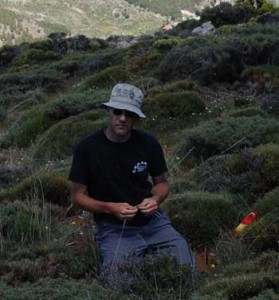 José María Gómez, PhD, is full professor at the Department of Ecology in the University of Granada. Currently he is at the Department of Evolutionary and Functional Ecology in the Experimental Station of Arid Zones (CSIC). Read more
José María Gómez, PhD, is full professor at the Department of Ecology in the University of Granada. Currently he is at the Department of Evolutionary and Functional Ecology in the Experimental Station of Arid Zones (CSIC). Read more